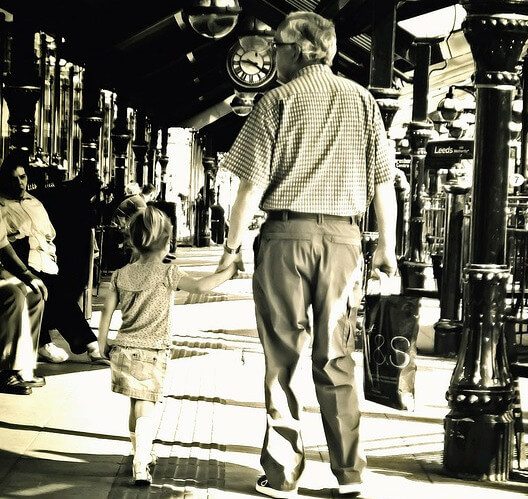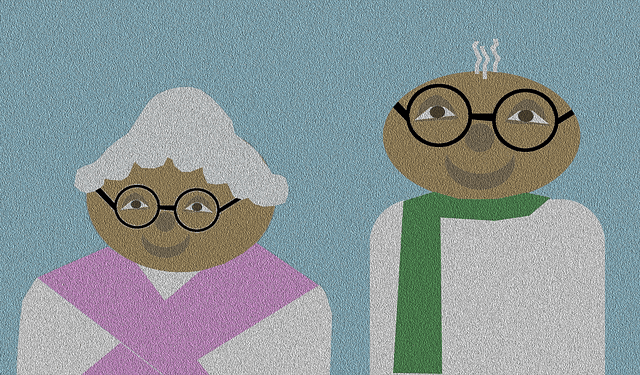Although many families are opting for the nuclear model to match modern living, the extended family has been the model of choice for millennia, and for good reason.
Grandma and Grandpa’s house is always a bustle of activity. Today, two grandchildren play happily in the living room. Mom has dropped them off to be with Grandma while she goes to teach a class. Tomorrow, another set of grandkids will be at the house for a week during Mommy and Daddy’s oversea trip.
For the grandkids, it’s a treat to be at Grandma and Grandpa’s. They get to hear embarrassing stories from when uncle, aunt and mom were kids, watch vintage movies, and eat Grandma – and Grandpa’s – food. For the older grandkids, Grandma and Grandpa are a set of trusted adults, wise and sometimes easier to talk to about life issues than Mom and Dad.
For Mom and Dad, Grandma and Grandpa are a source of continued support. They serve as a third party during marital disputes, a place to get a warm meal when they are too sick to cook, and, of course, a place where their children can be cared for as well as, if not better than, at home.
For Grandma and Grandpa, the grandkids keep them young. They bounce through the house with the grandkids, smiling at their antics and laughing at their blunt insights. The little ones affirm that life will continue through succeeding generations. The grandkids are a place to invest life’s wisdom. Eventually, their children have offered to take Grandma and Grandpa in to care for them when they become older.
 Their family began as a nuclear family – one set of frazzled parents and three children. But as each child became independent, got married, and began a family of their own, for some reason, whether it was the good house prices or their heartstrings pulling at each other, the children stayed close and their extended family took root and grew.
Their family began as a nuclear family – one set of frazzled parents and three children. But as each child became independent, got married, and began a family of their own, for some reason, whether it was the good house prices or their heartstrings pulling at each other, the children stayed close and their extended family took root and grew.
Each generation has brought a new twist to the family. What began with two cultures and nationalities has expanded to four. Along with gender differences, the family has learned to appreciate the nuances of nationality, ethnicity, generation and age. Grandma can dab and say “Arigatou”.
Their family is experiencing all the cycles of life at once: from a pregnant daughter-in-law to a newborn, toddlers and elementary school kids, tweens and almost middle-aged working and stay-at-home parents, and of course Grandma and Grandpa.
The warm, enduring relationships that are wrapped in three, eventually four hopefully five generations, provides emotional support for every person, and also an active, living classroom to practice important virtues like trust, honesty, responsibility and sacrifice, that become important underpinnings of a well-functioning society. Sharing family responsibilities has both character development benefits as well as economic benefits. And it is the most natural and intentional place to be cared for through one’s life stages.
It may seem crazier with so many people and points of interaction, but if you asked Grandma if she would trade her busy life for a quiet retirement, she would look at you as if you lost your marbles and ask, “Why?”

